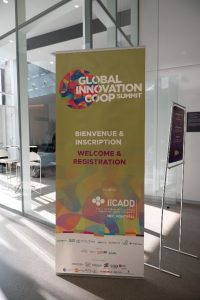
During the official opening, masterfully led by our faithful master of ceremonies, Karina Lehoux, we had the opportunity to hear inspiring speeches from Federico Pasin, Director of HEC Montréal, and Luc Rabouin, Member of the Executive Committee responsible for economic and commercial development, knowledge, innovation, and design. In addition to the warm words of welcome and gratitude extended to our many sponsors and broadcasting partners by Christina Procopio, co-founder of GICS, they highlighted the crucial contribution of cooperatives and mutuals to the social and solidarity economy and their undeniable impact on the achievement of sustainable development goals.
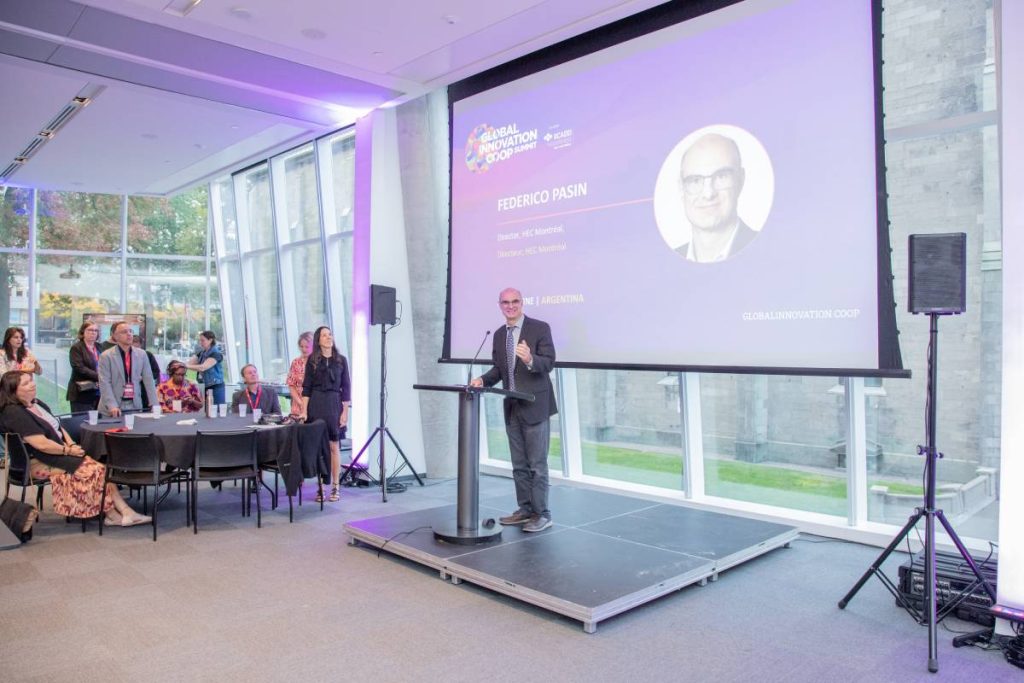
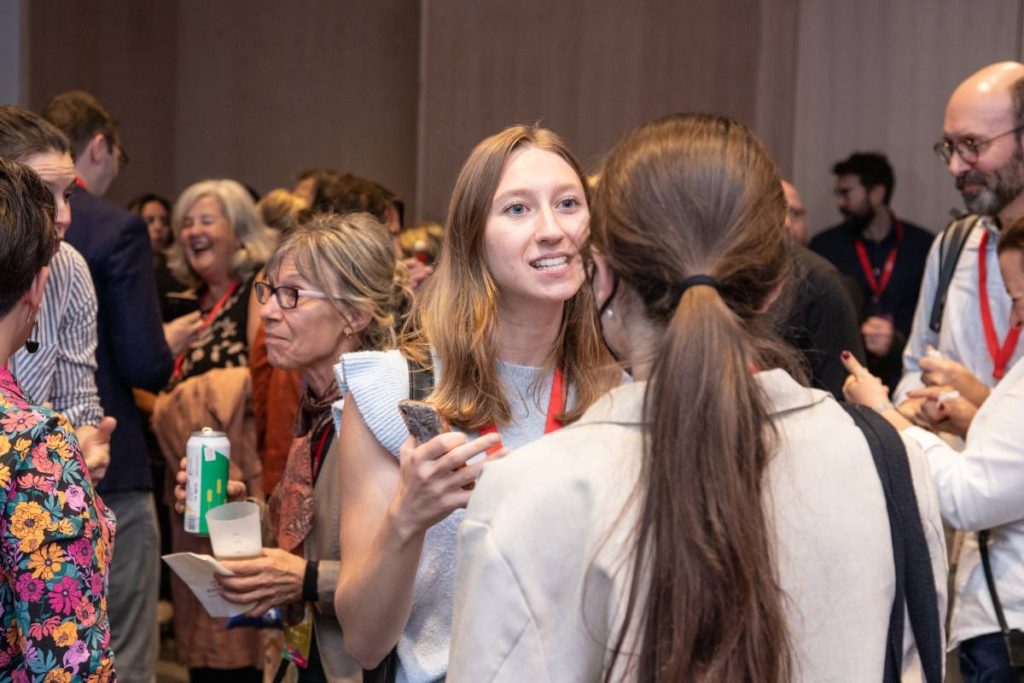
The welcome address was delivered by a distinguished speaker, including Joanne Lechasseur, Co-founder of the Global Innovation Coop Summit; Ariel Guarco, President of the International Cooperative Alliance in Argentina; Graciela Fernández Quintas, President of ACI Americas in Uruguay; John Kay, Chairman of the Board for Co-operatives and Mutuals Canada; and Marie-Josée Paquette, General Manager of the Quebec Cooperative and Mutual Council in Canada. Together, they emphasized the utmost significance of cooperation among cooperatives from diverse sectors, stressing the need to convene and explore innovative solutions for cooperative development within the context of sustainability, leadership, and an ever-evolving digital landscape.
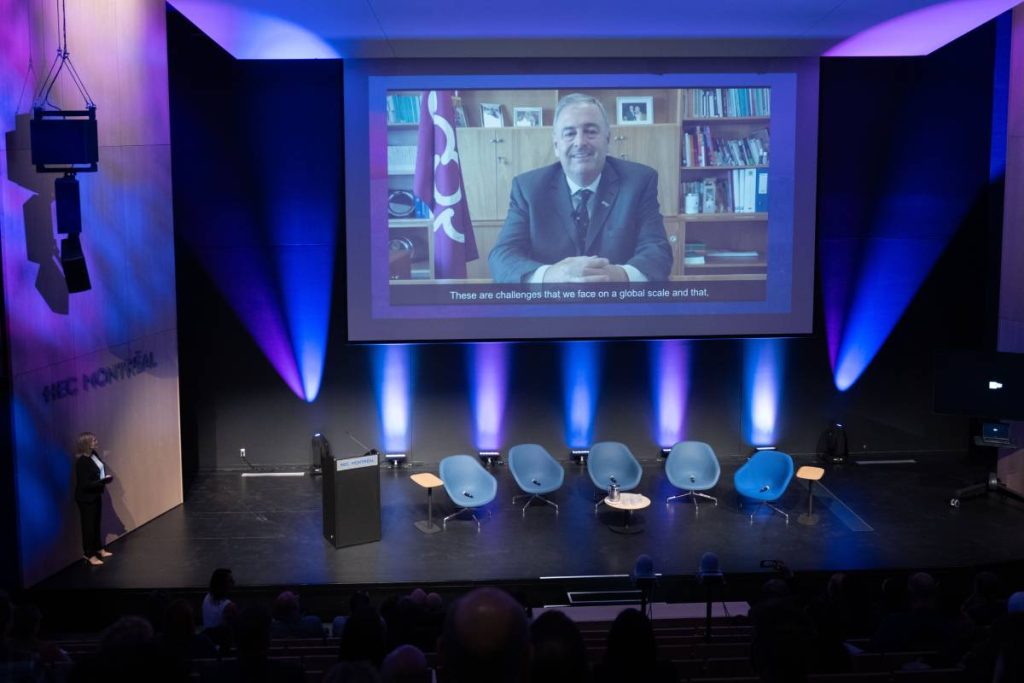
The plenary session continued with an engaging interview featuring Paul Cabaj, from Taktika Sustainability Solutions, conducted by Stéphane Desjardins, Editor-in-Chief of Coopoint—MC2M Cooperative de solidarité. They discussed the opportunities and challenges associated with implementing Cooperative Principle 6 on an international scale, emphasizing the importance of cooperation among cooperatives.
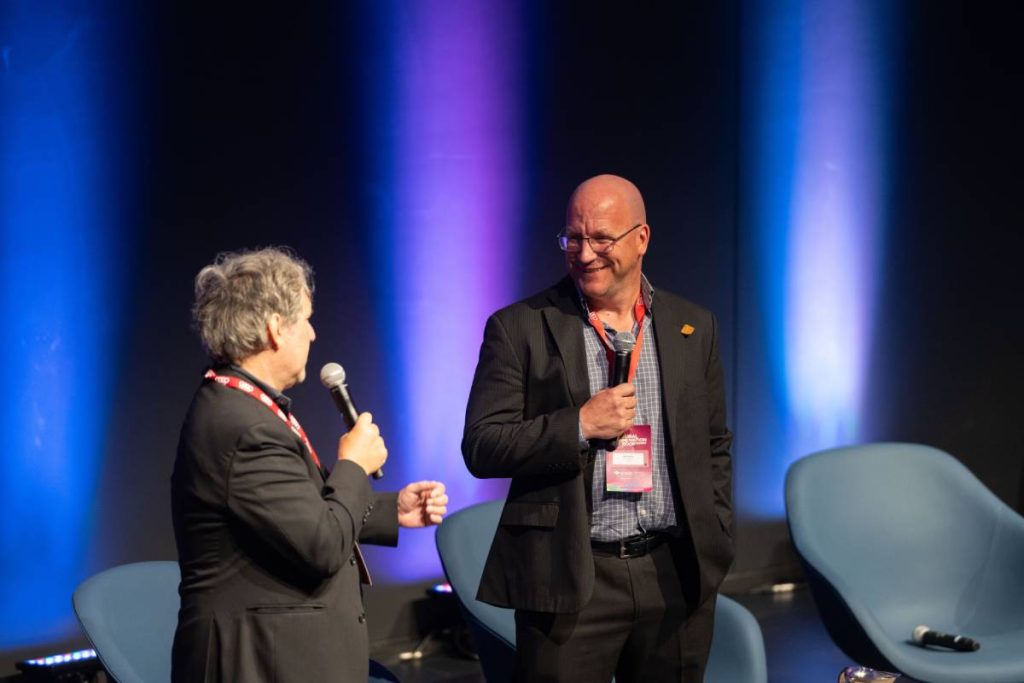
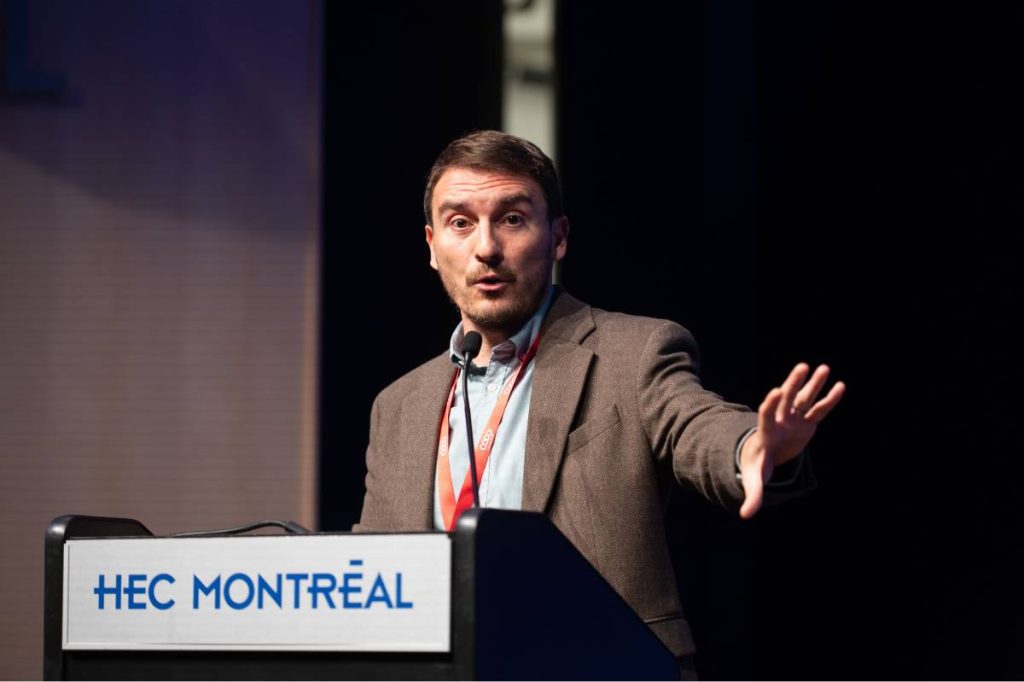
Followed by an insightful speech by Mario Pansera, Director of the Post-Growth Innovation Laboratory in Vigo, Spain, and recipient of the CER award. He shed light on the significance of growth limits. He emphasized that most circular economy projects and policies have mainly focused on the “how” of circular production, often neglecting the questions of “what,” “how much,” and “for whom.” The “what” aspect encompasses issues related to democracy, participation, gender, and global justice, all linked to society’s ability to envision and implement the current and future role of technology. The success of the transition to a sustainable circular economy depends not only on the development of new technologies but also on ensuring a more democratic and participatory process. The ecological transition needed to address and overcome environmental crises must consider the planet’s physical limits and must be fair, inclusive, and democratic.
During that plenary session, participants engaged in the inaugural panel discussion, “Let’s Get CIRCULAR,” where a diverse panel of experts, including Pete Westall, Chief Executive of Values at Midcounties Co-Operative, United Kingdom; Nina Elomaa, Senior Vice President of Sustainable Development at S-ryhmä / S Group SOK Corporation, Finland; Emmanuel Raufflet, Professor HEC Montréal, and Co-holder, Québec Circular Economy Research Network, Canada; Paul Hazen, CEO, Overseas Cooperative Development Council (OCDC), United States; Antonnella Noya, Head of the Social Economy and Innovation Unit at the Centre for Entrepreneurship, SMEs, Regions, and Cities, OECD, delved into the essential concept of circularity, exploring innovative strategies to enhance community well-being and pave the way for a circular approach to conducting business. The panel shed light on key circularity strategies and the necessary political and support infrastructure to advance circular practices.
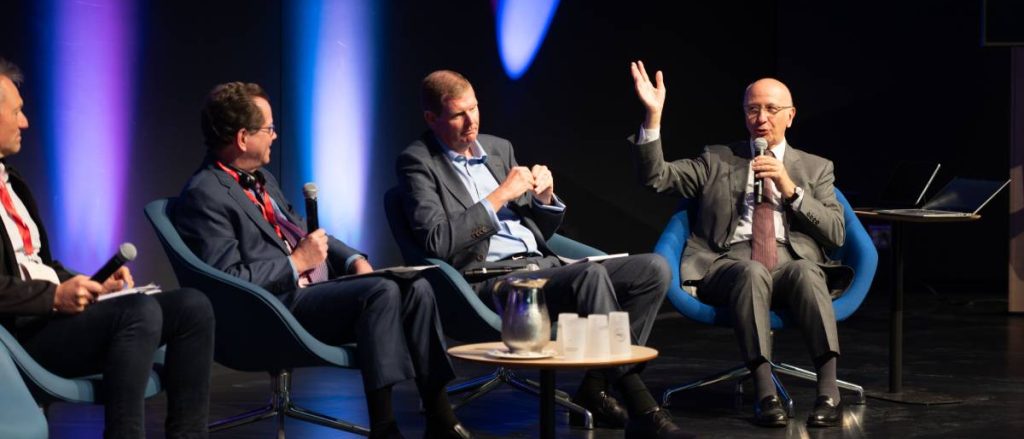
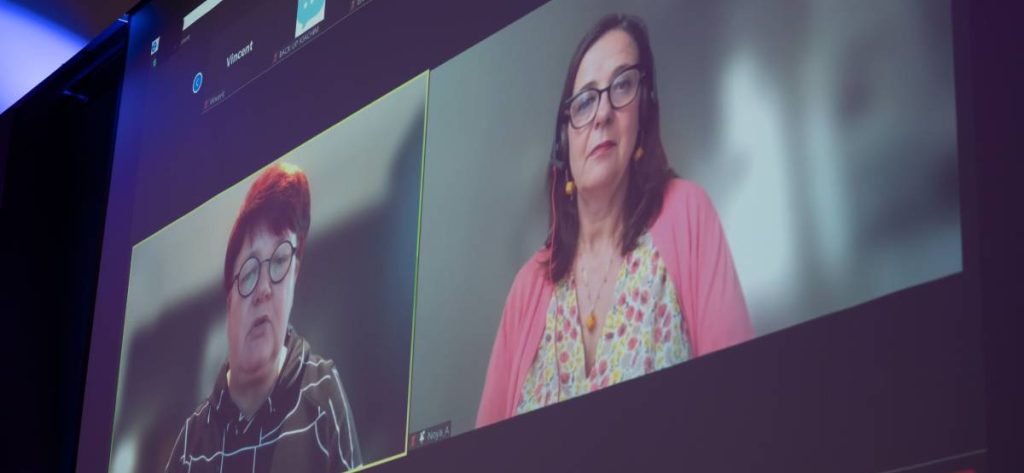
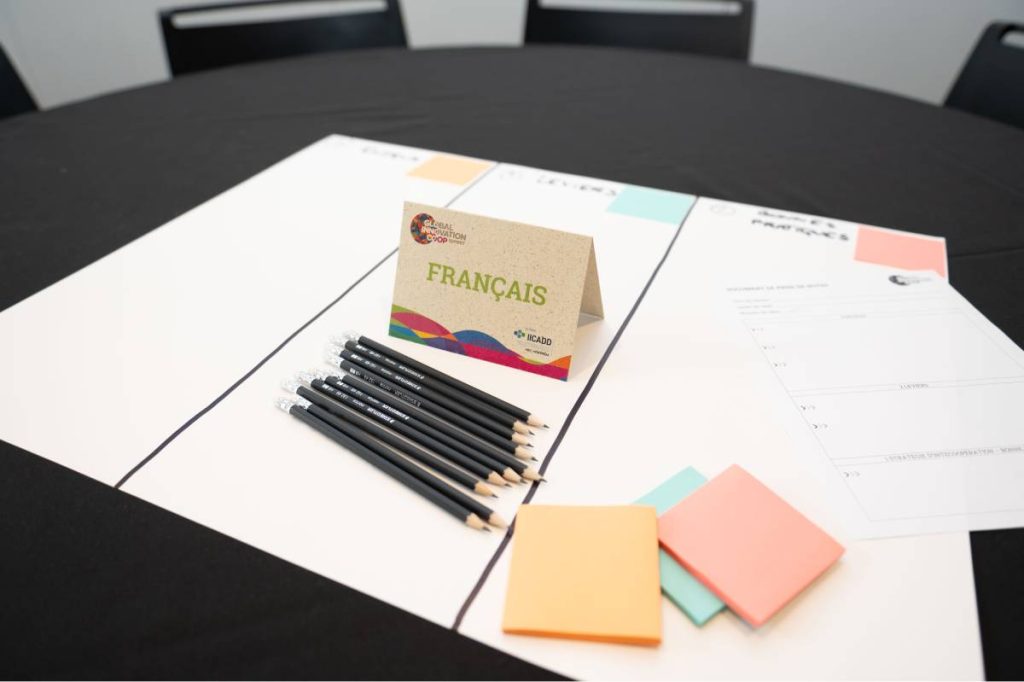
In the same line of thought, participants divided into four workshops to delve deeper into the subject related to “Let’s get CIRCULAR” and to have the opportunity to discuss together the challenges they face, the tools at their disposal, and best practices to consider for their organizations.
“Circular business models for cooperatives,” led by Rafael Ziegler, Ph.D., Director of the International Institute of Cooperatives Alphonse et Dorimène Desjardins, HEC Montréal; Gaëlle Généreux, Project Manager at TIESS; Cindy Vaucher, Co-founder of Retournzy; and Akinori Suzuky, Head of the Environmental Promotion Group at Co-op Sapporo from Japan, reviewed circularity strategies and the business models of cooperatives in a circular economy.
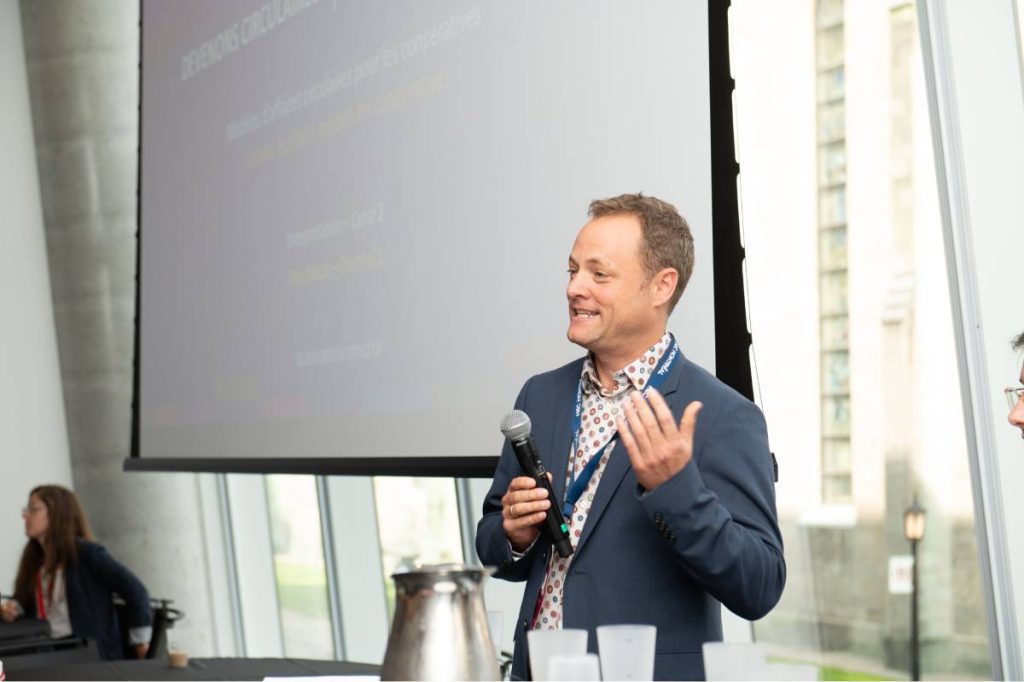
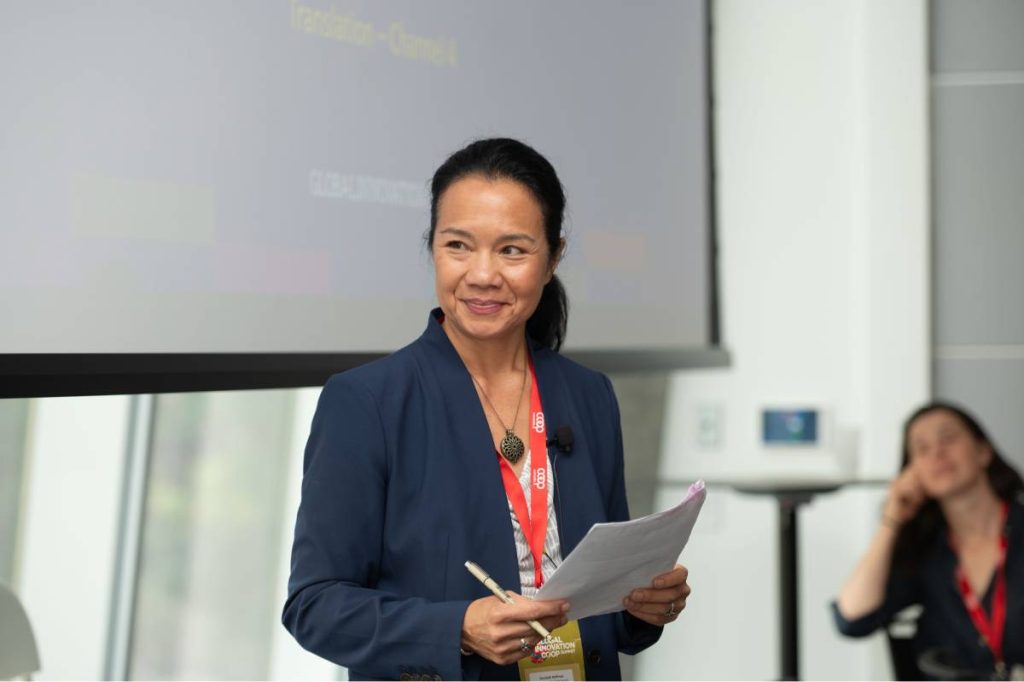
“Community energy,” led by Zuraidah Hoffman, award-winning storyteller and producer, Cooperative Communication Expert, USA; Michaela Cryer, Chief of Younity, Midcounties Co-Operative, United Kingdom; Dan Waddle, Senior Vice President at NRECA International, USA; and Thomas Bauwens, Associate Professor of Collective Action for Sustainable Development at the Rotterdam School of Management, Erasmus University, the Netherlands, discussed renewable energy and the role cooperatives can play in community-owned energy initiatives to significantly contribute to the circular economy.
“Circular housing the cooperative way,” led by Tim Ross, CEO of the Federation of Canadian Cooperative Housing; Julie Lapalme, Secretary-General of Cooperative Housing International; Annie Levasseur, Scientific Director of CERIEC Canada; and Nadine Leblanc, Senior Vice President Policy at the Canada Mortgage and Housing Corporation, addressed the causes of the global housing crisis and how the circular economy and cooperation can contribute to its resolution.
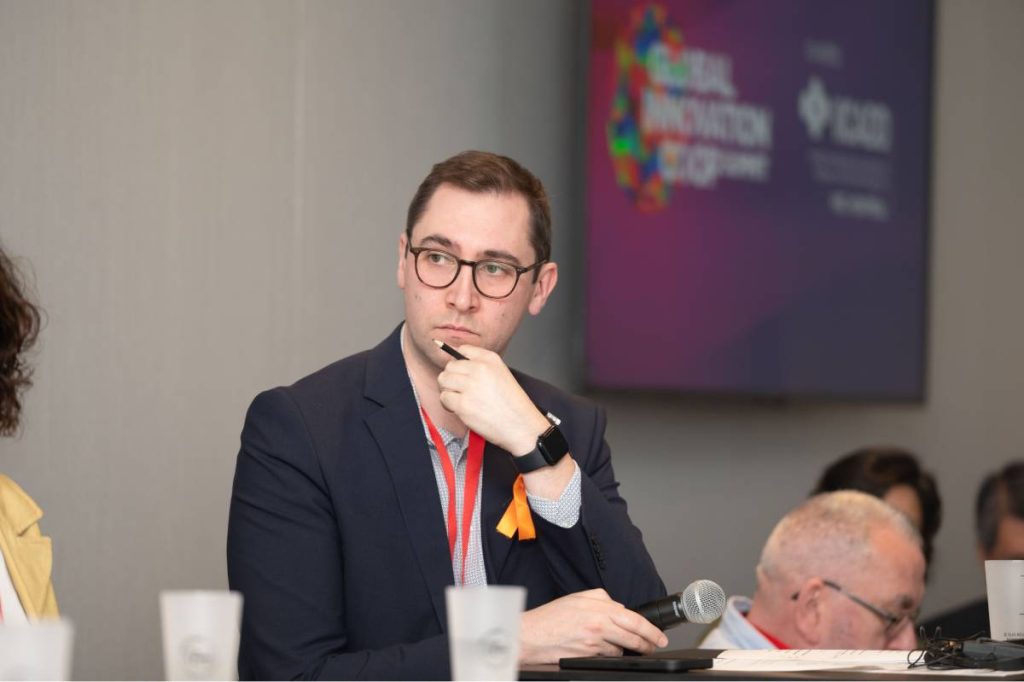
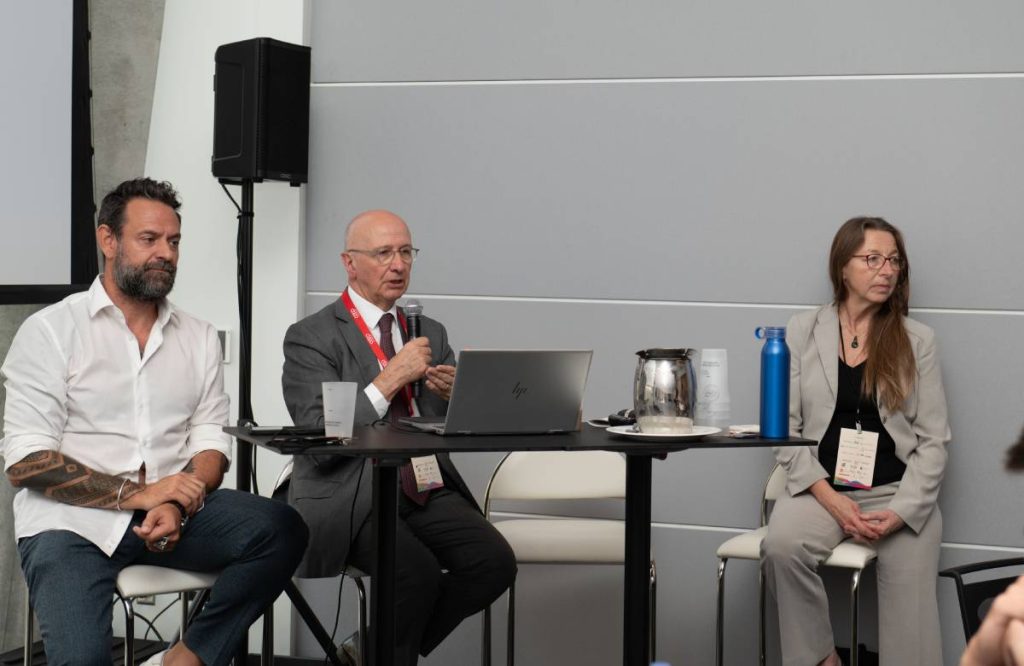
Finally, in the “One Health – The Positive Circle” workshop, led by Jean-Louis Bancel, Co-founder of the Global Innovation Coop Summit; Johanne Saint-Charles, Director of the Institute of Health and Society and the WHO/PAHO Collaborating Centre on Occupational and Environmental Health, Canada; and Mathias Savignac, President of Group MGEN, France, it became evident that human health goes beyond mere medical treatment for diseases. The experience highlighted that health is influenced by external factors, including economic and financial conditions (ecosocial factors) and environmental elements like interactions with animals or the quality of plant products consumed (One Health approach).
LUNCH AND LEARN, offered by the Alphonse and Dorimène Desjardins International Institute of Cooperatives at HEC Montréal. Alexandra Wilson, President of the Advisory Group on Cooperative Identity of the International Cooperative Alliance (ICA), presented the ins and outs of the extensive international consultation on Cooperative Identity: A unique generational opportunity to contribute to defining the values and principles that distinguish cooperatives.
Recap of the “Let’s Get CIRCULAR,” workshops: a brief summary of the discussions that took place in the four workshops. A comprehensive report will be available in November to all participants.
In the plenary session titled “Propel your leadership on the SDGs” Sonja Novkovic from the International Centre for Cooperative Management at Saint Mary’s University in Canada presented the Sustainable Development Performance Indicators (SDPI) from the United Nations Research Institute for Social Development (UNRISD).
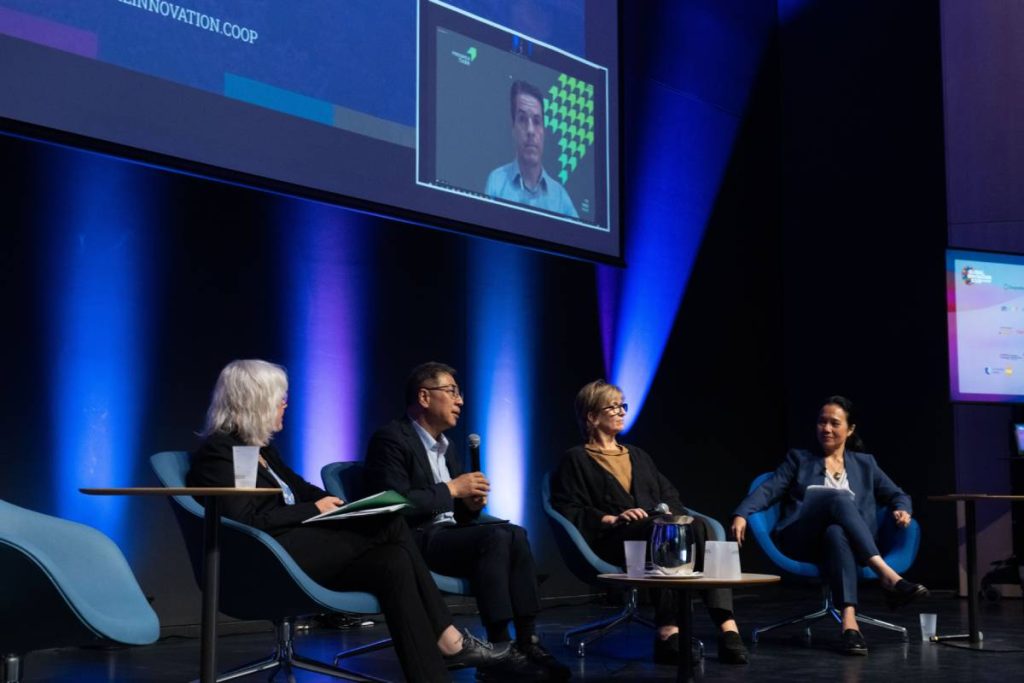
After the break, participants had the opportunity to attend the panel “Propel your leadership on the SDGs” featuring the Sustainable Development Performance Indicators (SDPI) from the United Nations Research Institute for Social Development (UNRISD). Sonja Novkovic, Marguerite Mendell, Professor Emeritus at the School of Public and Community Affairs at Concordia University, Ilcheong Yi, Senior Research Coordinator within the “Social Policy and Development” and “Social Dimensions of Sustainable Development” programs at UNRISD, and Ibon Zugasti, General Director of Prospektiker in Spain, delved deeper into the subject by further illustrating the results demonstrating the importance of cooperatives and mutuals in achieving sustainable development goals.
This plenary session was followed by an interview between Jean-Louis Bancel, Co-founder of the Global Innovation Coop Summit in France, and Howard Brodsky on “A New Age of Impactful Cooperative Collaboration,” during which they discussed the true strength of cooperatives, which lies in their founding principle of cooperation among themselves. Howard Brodsky, a leader in the cooperative field, advocates for the creation of “Cooperatives of Cooperatives,” where entities with common goals unite to achieve shared objectives. The future of cooperatives depends on this intracooperative growth, unlocking the potential to address global challenges through collective action.
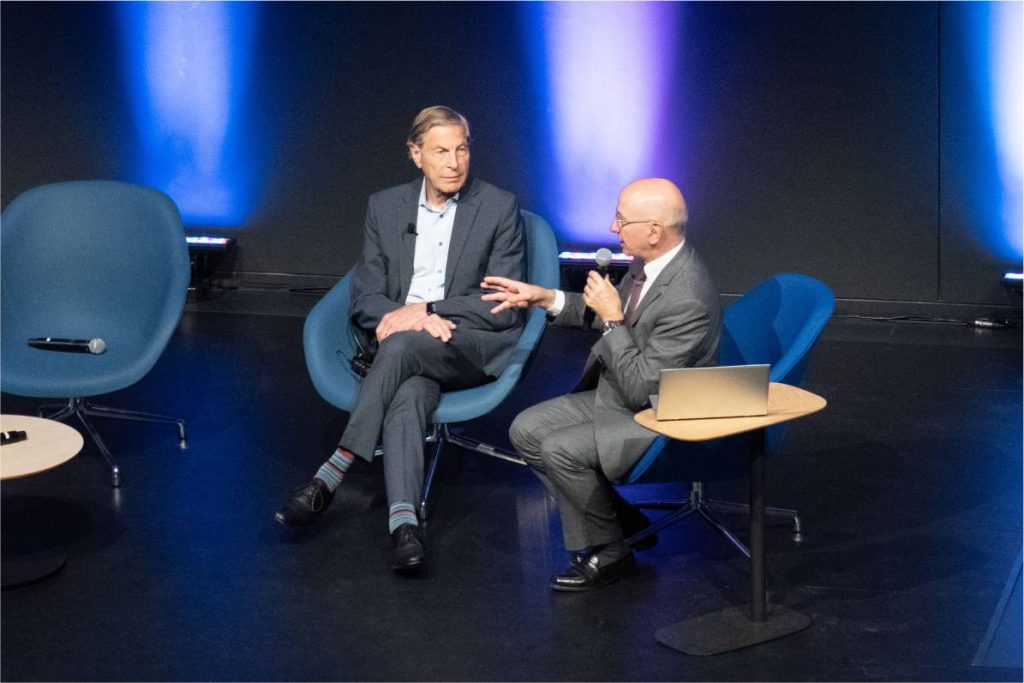
Finally, to conclude this eventful first day, Jean-Louis Bancel unveiled the official launch of the International Coop Communities of Practice.
During the opening on September 29, Stéphane Bertrand, co-founder of the Global Innovation Coop Summit, shed light on the major disruptions caused by the COVID-19 pandemic in the global economy, questioning excessive globalization. He emphasized the past resilience of cooperatives after the 2009 crisis and asserted that their model remains relevant and should be supported. He reminded that cooperatives play a crucial role as bulwarks against financial abuses. As the GICS takes up the mantle of the International Cooperative Summit and the presence of participants attests to its ongoing relevance, he encouraged cooperatives to become leaders in the new economy.
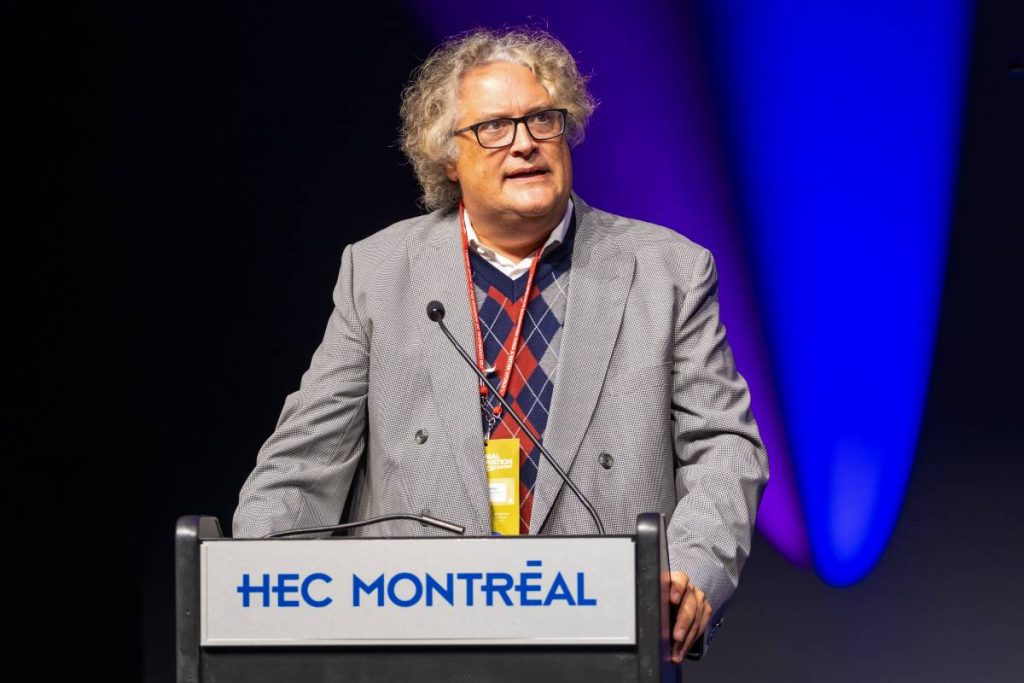
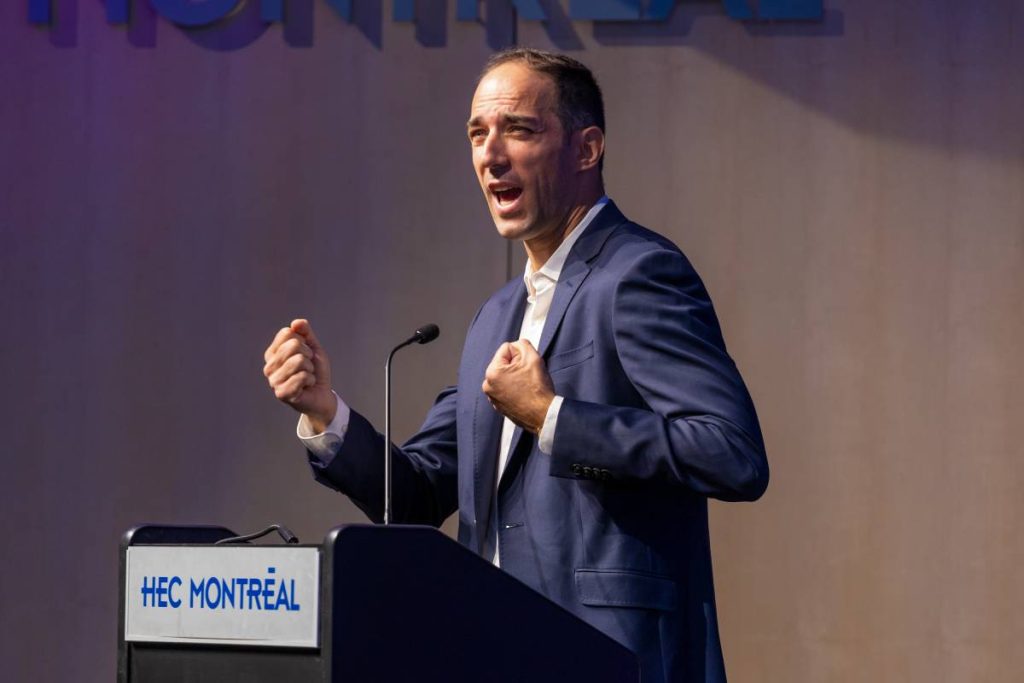
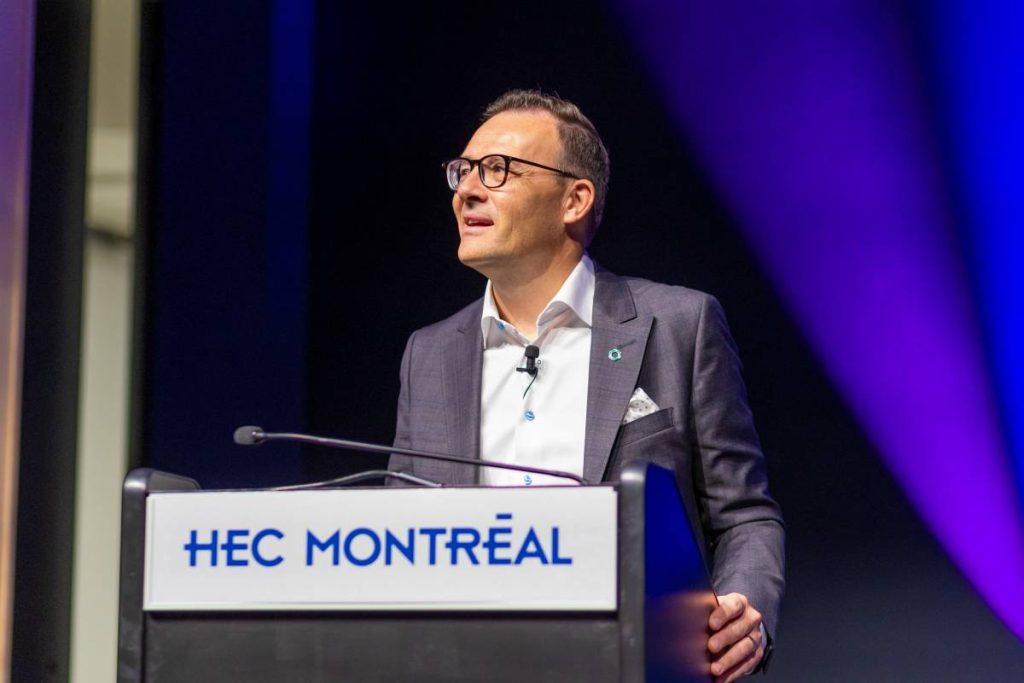
During the first plenary session, participants were introduced to the second theme of the Summit, titled “Living DIGITAL.” Two distinguished speakers, Laurent Charlin, a prominent member of MILA, associate professor at HEC Montréal, and holder of the Canada-CIFAR Chair in Artificial Intelligence, along with Guy Cormier, President and CEO of Desjardins Group, eloquently initiated the discussion on how digitization and artificial intelligence are transforming our lives and businesses, propelling us into the immediate future.
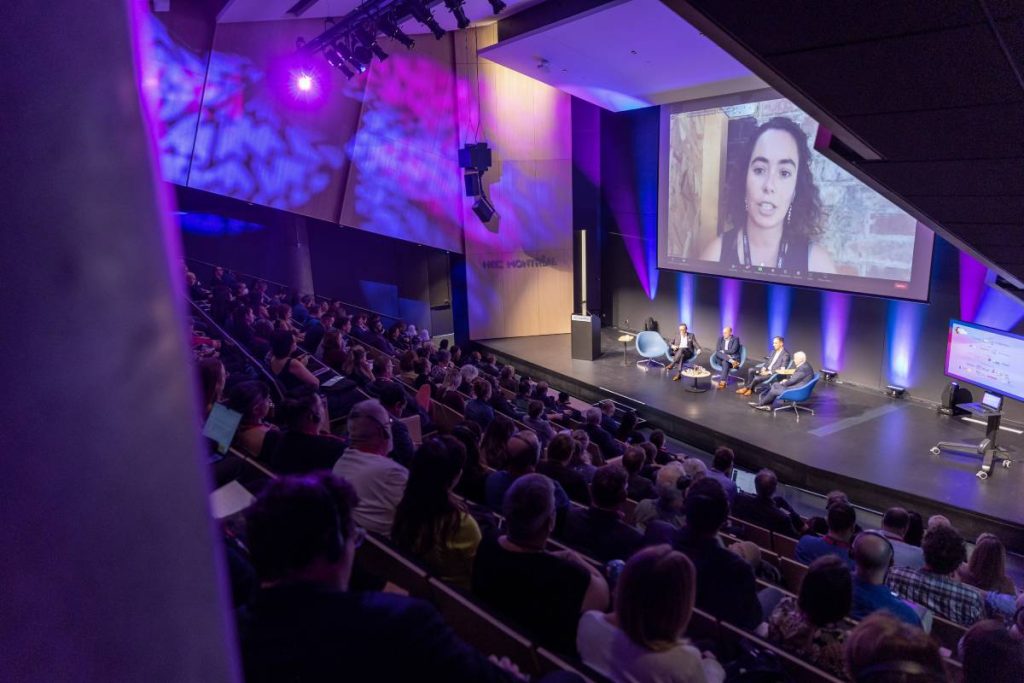
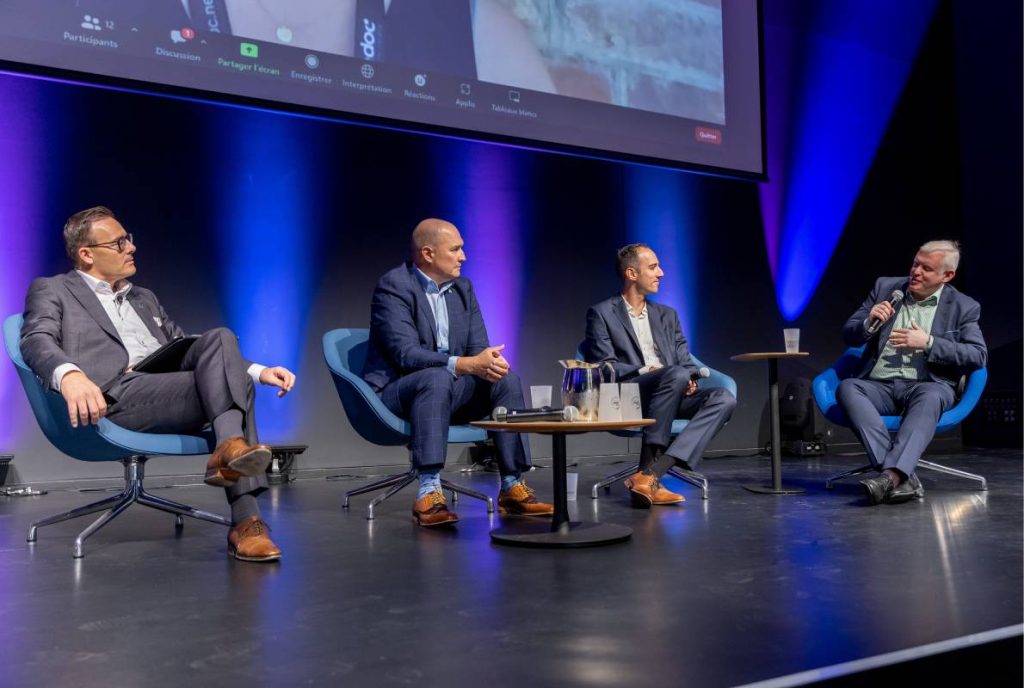
Continuing with the same theme, “Living DIGITAL,” Aaron Stewart, General Counsel of VME Coop, Scotland, United Kingdom; Pascal Houle, CEO of Sollio Cooperative Group; Ana Aguirre, Co-Founder and Worker-Owner of Tazebaez Co-op, President of the ICA Youth Committee, Spain; Laurent Charlin, a key member of MILA, associate professor at HEC Montréal, and holder of the Canada-CIFAR Chair in Artificial Intelligence, Canada; and Guy Cormier, President and CEO of Groupe Desjardins, explore how cooperatives can enhance their services, engage with their communities, and adapt to digital trends. They draw inspiration from cooperatives of varying sizes that excel in this field while examining the impact of the rapid shift towards an increasingly digital lifestyle, which has influenced information sharing, communication, collaboration, and commerce.
Participant divided into four workshops to delve deeper into the subject related to Living DIGITAL
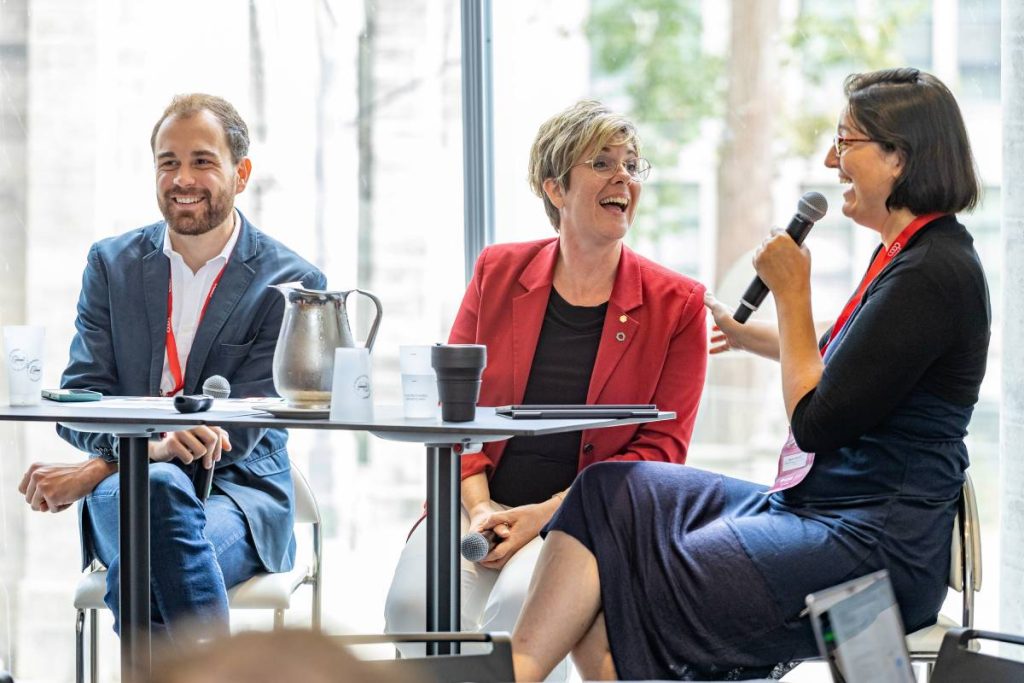
“Digital Cooperative Governance”, led by Myriam Michaud, PhD in Management and Governance, specializing in cooperatives and the social economy at TELUQ, Canada; Nadine Groulx, President of the Board at the Conseil québécois de la coopération et de la mutualité and Director of the Board of Desjardins Group; and Louis Cousin, Director of Operations at Startin’blox, France, delves into the dynamics of established cooperative governance models and emerging models influenced by digital technologies, encompassing collaborative governance, blockchain-based DAOs, and open-source collectives.
“Digital Coop Sustainability,” led by Martin Van Den Borre, Manager at Communautiq and Fad City; David Thomas, General Manager at Open Food Network Canada, Canada; Sara Horowitz, Founder and Executive Director of Freelancers Union and CEO of Freelancer Insurance Company (FIC), United States; and Igor Calzada, MBA, Principal Investigator/Research Fellow at Ikerbasque, University of the Basque Country, and Cardiff University, initiated the discussion on whether and how digital technologies can assist cooperatives in achieving sustainable transitions aligned with their identity and how barriers to these transitions could be overcome through enhanced use of digital tools.
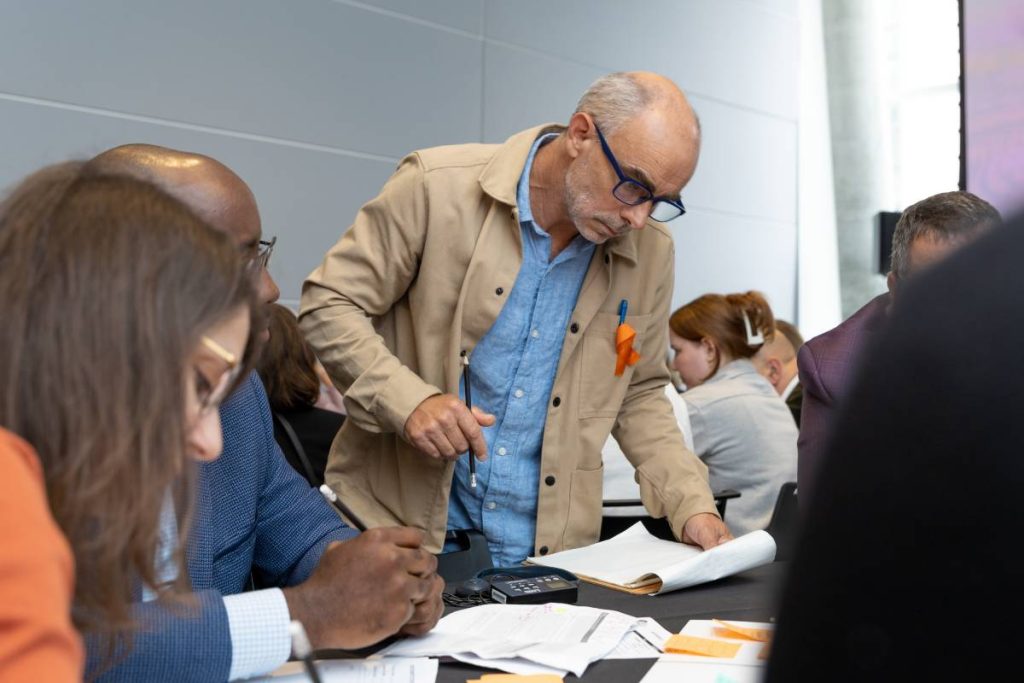
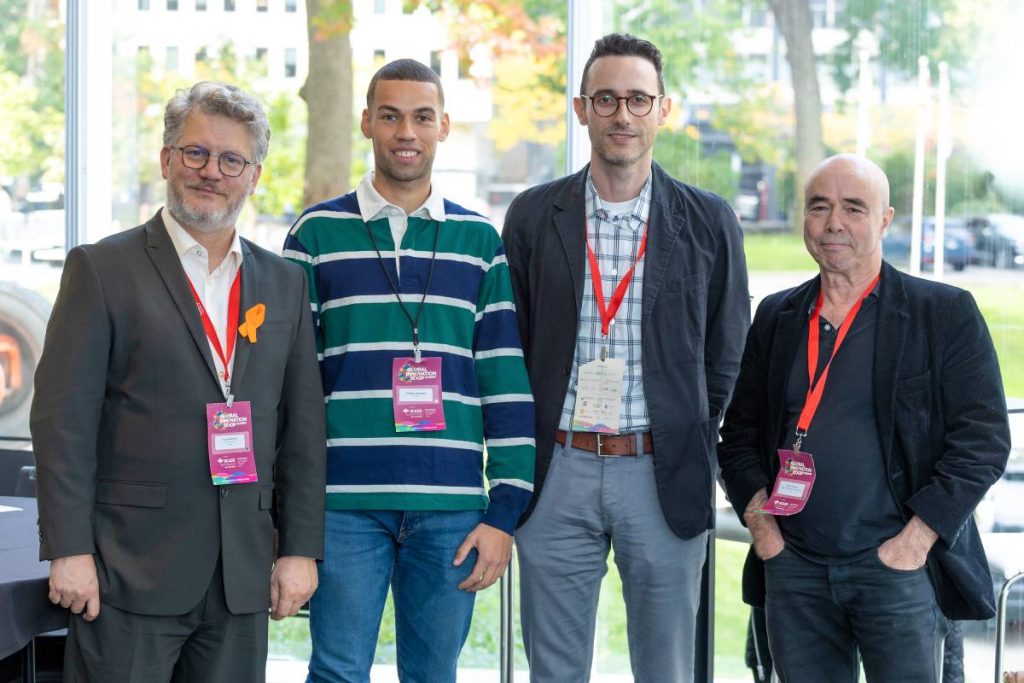
“Digital Intercooperation” led Luc Audebrand, Full Professor at Laval University, Dan Lussier, Director of the Canadian Agri-Food Data Initiative, Shaun Fensom, Secretary of the Cooperative Network Infrastructure, United Kingdom, and Philippe Labrecque, Development Officer at the Social Economy Center of the Longueuil Agglomeration, discussed the sixth cooperative principle, which is cooperation among cooperatives. They explored the potential benefits offered by digital solutions, characterized by a well-established network of cooperative associations, federations, and second-level cooperatives. However, online collaboration among cooperatives is still perceived as a significant challenge by most practitioners.
“Digital Coop Education” led by Claude-André Guillotte, Director of IRECUS, Department of Entrepreneurship, School of Management at the University of Sherbrooke, along with Ilana Gotz, EURICE and ICBEC coordinator, Italy; John Kay, CEO and Senior Instructor at Live Learning Labs, RealizeU, Canada; and Janielle Maxwell, Project Coordinator for the JEDDI Business Conversion Project, Canada, delved into how cooperatives could leverage digital solutions to integrate cooperative education into mainstream education. They also attempted to identify the promising strategies that could facilitate the diffusion of cooperative knowledge and highlighted the challenges preventing the cooperative model from becoming a common feature across various educational frameworks.
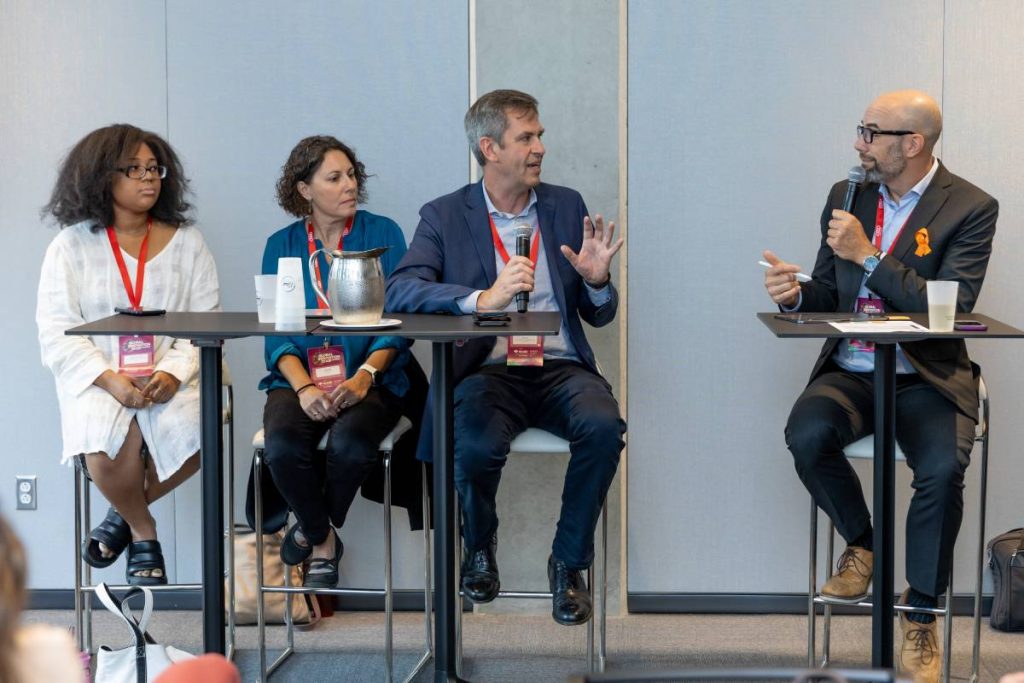
The LUNCH AND LEARN session, offered by HEC Montréal’s Alphonse and Dorimène Desjardins International Institute of Cooperatives, featured J. Benoit Caron, General Director of the Consortium de Ressources et d’Expertises Coopératives in Canada. He shared the inspiring success story of Intercooperation through the establishment of the CONSORTIUM, which has been in operation for over 12 years. It provides access to a diverse team of experts with specialized skills to nearly 200 members.
Recap of the “Living DIGITAL,” workshops: a summary of the discussions that took place in the four workshops. A comprehensive report will be available in November to all participants.

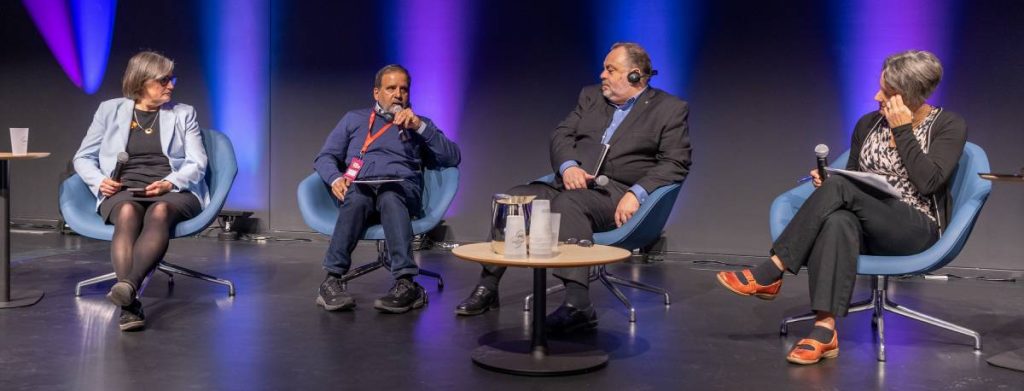
The plenary session panel “Together we LEAD,” composed of experts such as Karen Miner, Managing Director of the International Centre for Co-operative Management at Saint Mary’s University; J. Benoit Caron, General Director of the Consortium de Ressources et d’Expertises Coopératives; Agnes Matis, Director of Cooperatives Europe in Brussels; and Balu Iyer, General Director of ICA-AP in India and Andrea Harris, VP of Impact of Strategies, Vancity, highlighted the cooperative superpower of Principle #6, Cooperation among cooperatives. They provided a definition, illustrated with examples, and explored a wide range of inter-cooperation among cooperatives and beyond, with a particular focus on how leading organizations collaborate collectively to achieve their respective goals and guide us towards a cooperative economy and society.
Participant divided into four workshops to delve deeper into the subject related to Together we LEAD
“Organizing collectively to transform”: Justine Ballon, Assistant Professor in the Department of Management at HEC Montréal, Luc Audebrand, Full Professor at Laval University, Sokchiveneath Taing Chhoan, Federation of Cooperatives of Northern Quebec, and Sarah de Heusch, Director of Social Economy in Europe, Belgium, led the discussion with the aim of inspiring participants to address the systemic challenges prevalent across environmental, economic, and social systems. This transformation is essential for reshaping how we organize and build our society and communities.
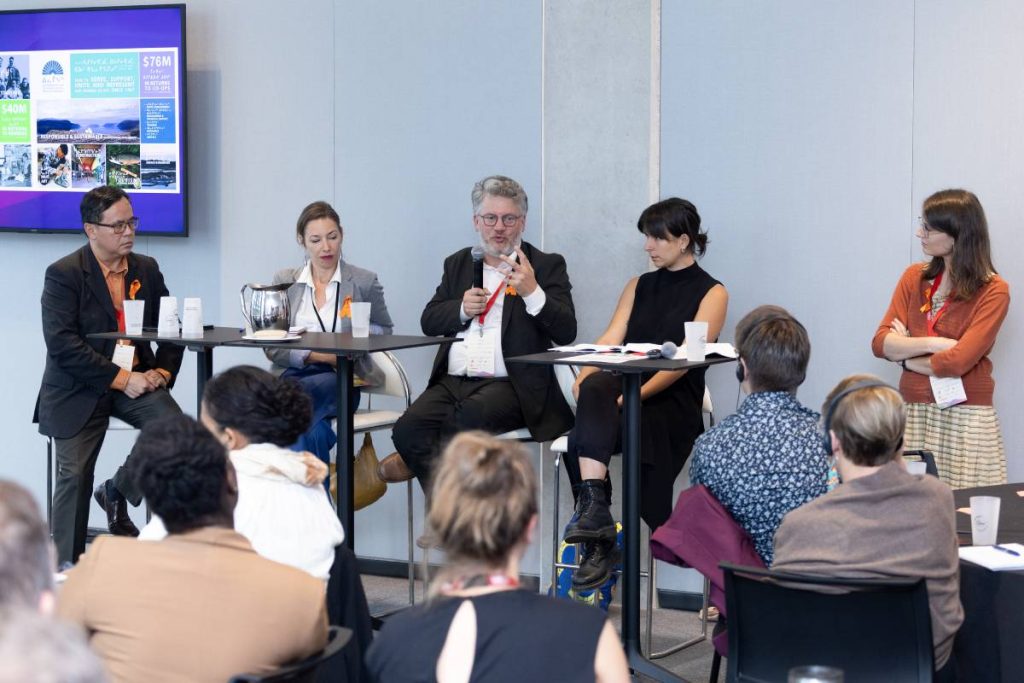
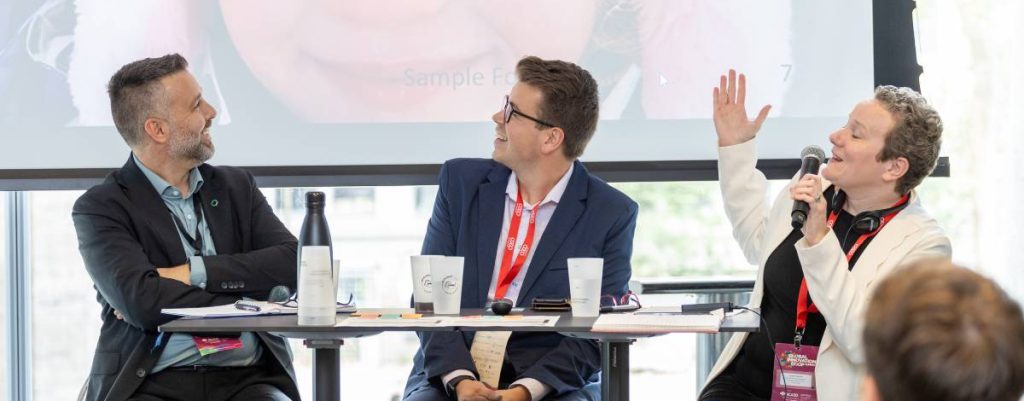
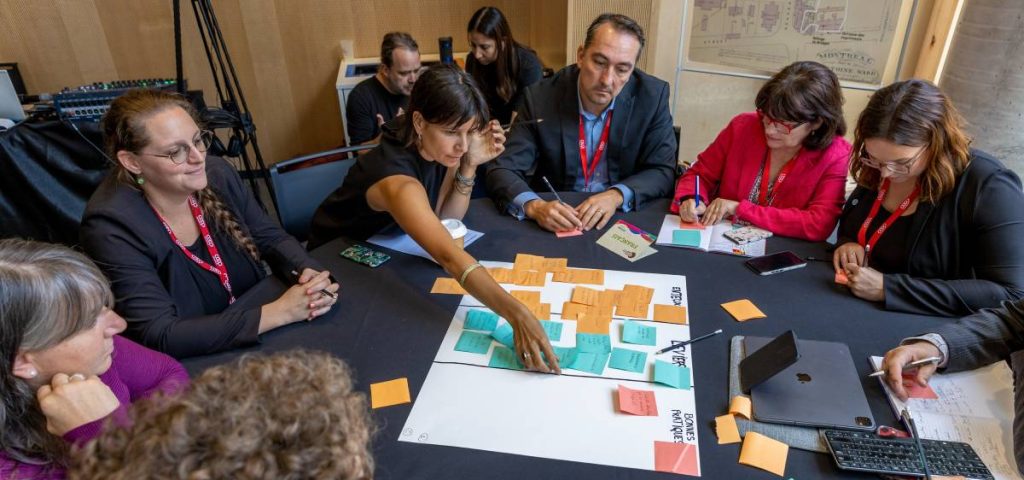
“Cooperation Across the Supply Chain”: led by Patrice Gauthier, General Director of Écono Coop, Canada, and attended by Patrick Cyr, Senior Director of International Operations at Desjardins International Development, Tyler Paturel, General Director of Cheticamp Co-operative Ltd, Canada, and LuAnn Werner, Deputy Director of the Overseas Cooperative Development Council (OCDC), this workshop explored the possibilities of cooperation among cooperatives throughout the supply chain to significantly enhance the contribution of cooperatives to a fairer and more equitable economy and society.
“Multistakeholder cooperative governance”: led by Martine Vézina, HEC Montréal, Goran Jeras, Manager and Founder, Cooperative for Ethical Financing, Croatia; Jean Nolet, General Director, Coop Carbone, et Jean R. Soublière, Directeur général, MC2M, explored how cooperatives can engage multiple types of members to address complex societal challenges through jointly owned and controlled enterprises.
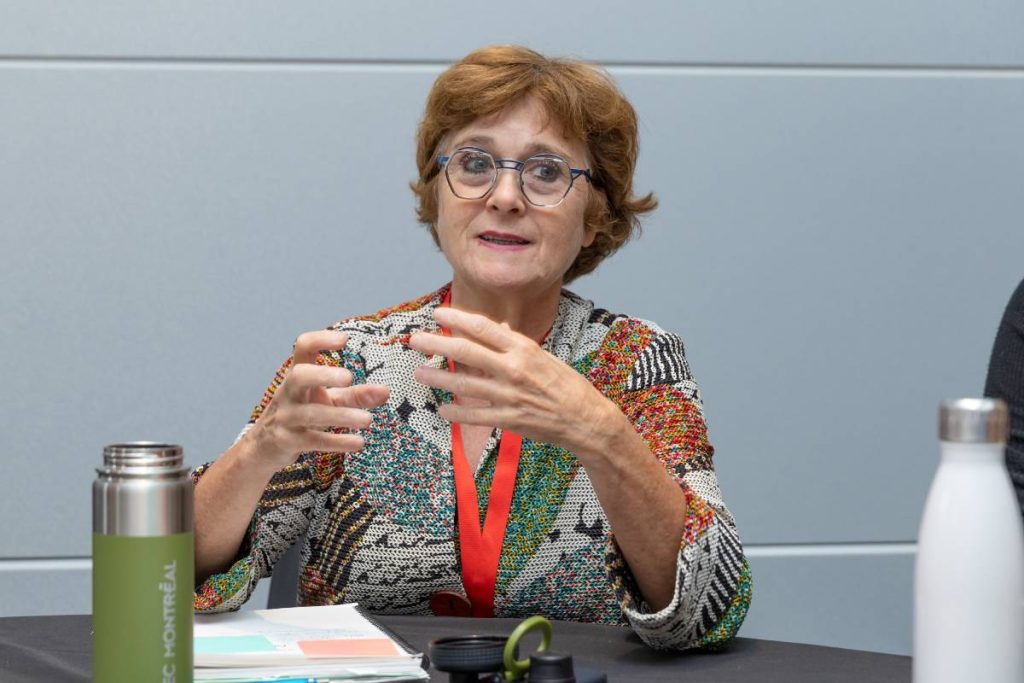


“Networking among co-ops and non-co-ops for local empowerment”: led by Jessica Cabana, Youth Cooperative Entrepreneurship Advisor at CQCM, Mary Nirlungayuk, Vice President, Corporate Services, Arctic Coops, Elena Badeanschi, Coordinator of the international activities and projects, Federazione Trentina della cooperazione, Italy, Hazel Corcoran, Executive Director of the Canadian Worker Co-operative Federation, Claude-André Guillotte, Director IRECUS, explored the diversity of the ecosystem required to support a vibrant co-operative and broader social and solidarity economy. With the participants they tackle the range of ingredients, roles, and organizations that have resulted in regional hot spots for cooperation.
Back to the plenary session, with this important interview that Karina Lehoux, Founder and President of Eklosion, Professional Facilitator, made with Simel Esim, Head of the Cooperatives Unit of the International Labour Organization, on the development of the Tripartite International Definition of Social and Solidarity Economy.

Recap of the “Together we LEAD” workshops: a summary of the discussions that took place in the four workshops. A comprehensive report will be available in November to all participants.
And finally, the closing of the 2023 Montreal GICS with the last words of thanks from the founders and the announcement of the next steps to come, this is to say: the takeaway report for continuing discussions within the participants respective cooperatives and mutuals, which will be available in November 2023, and the future international GICS communities of practices that will be active in 2024.